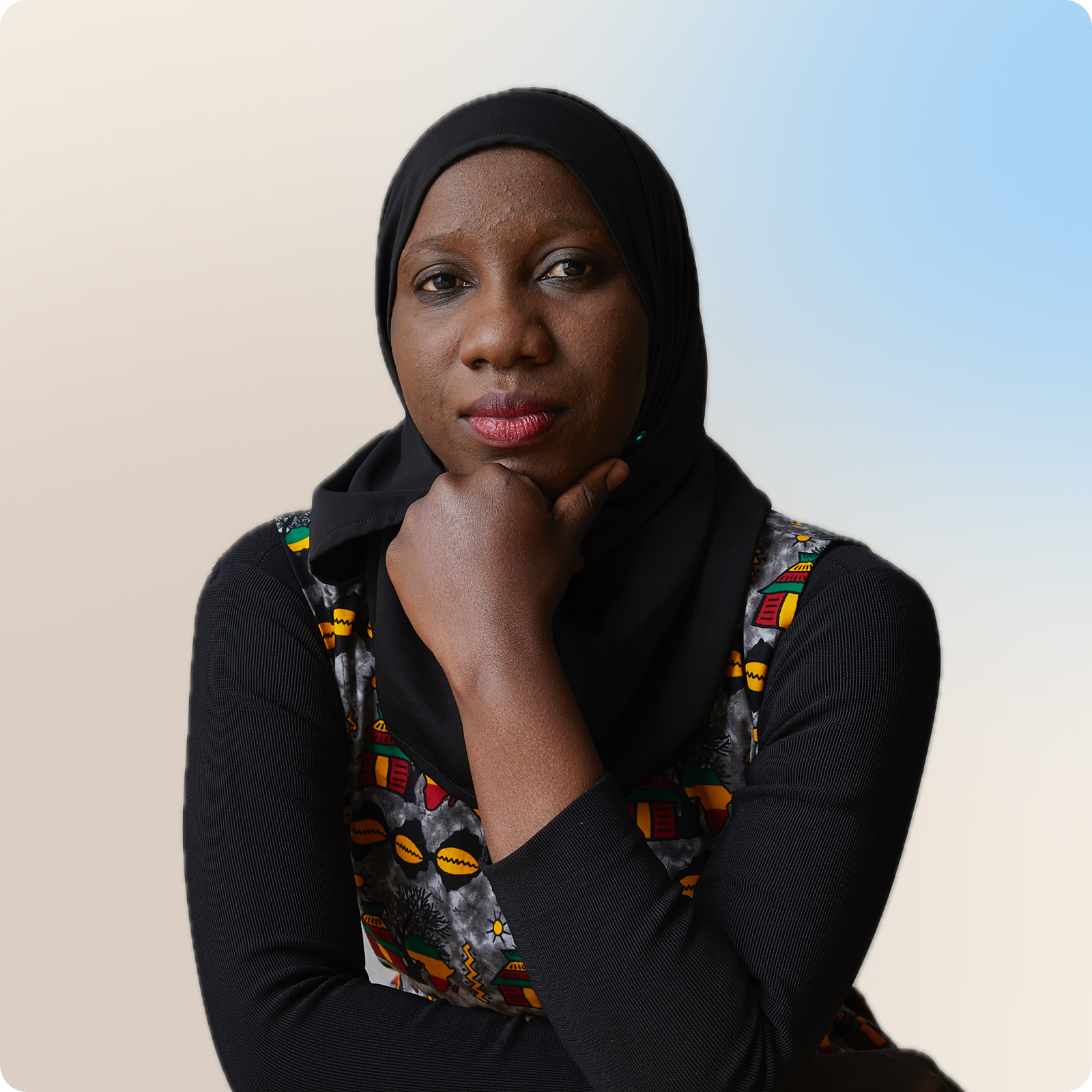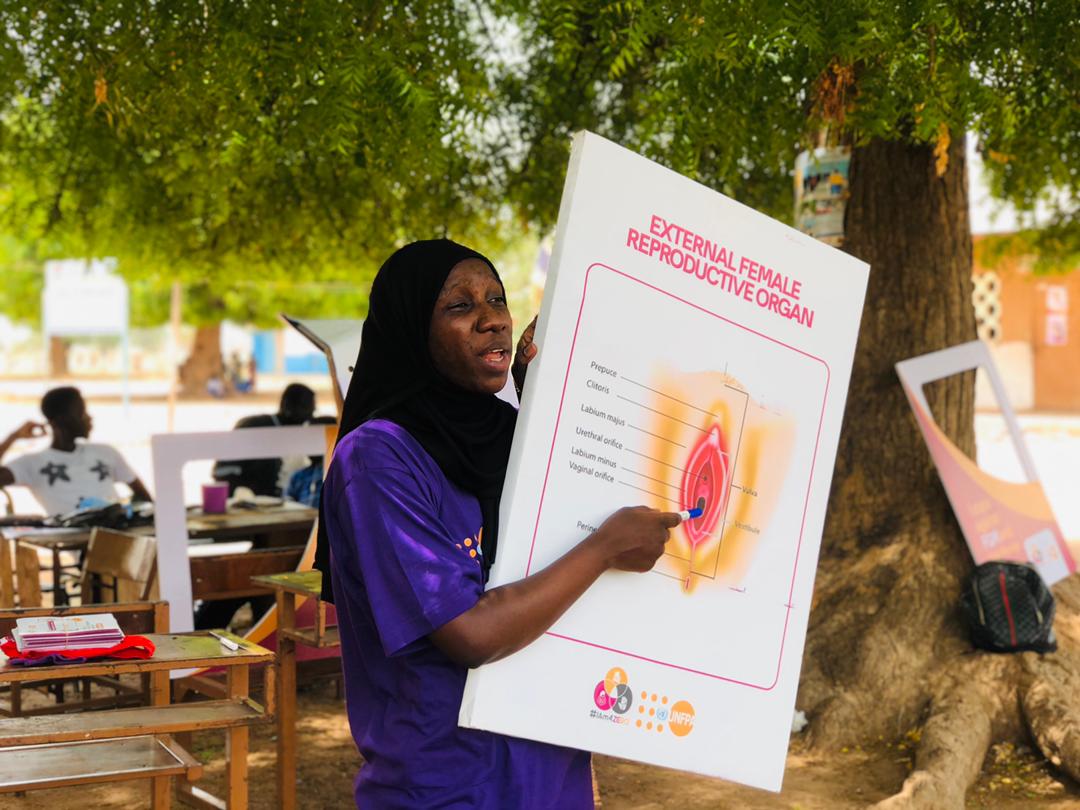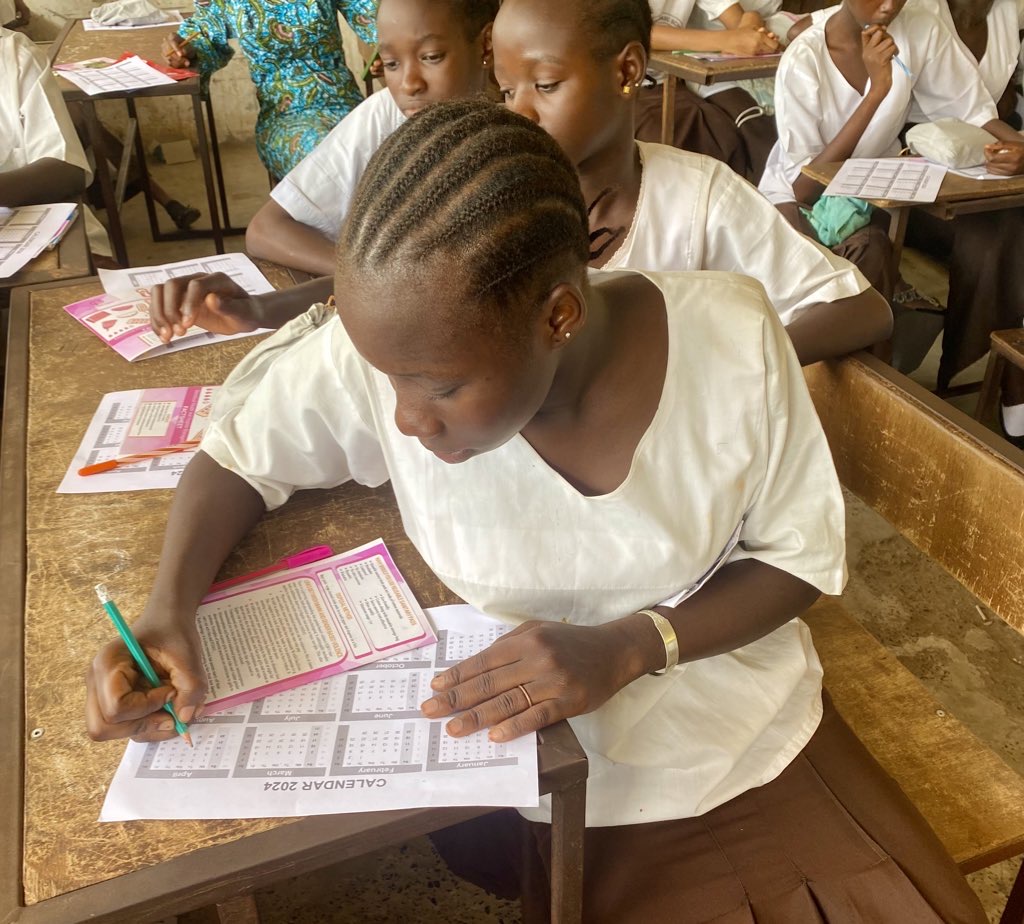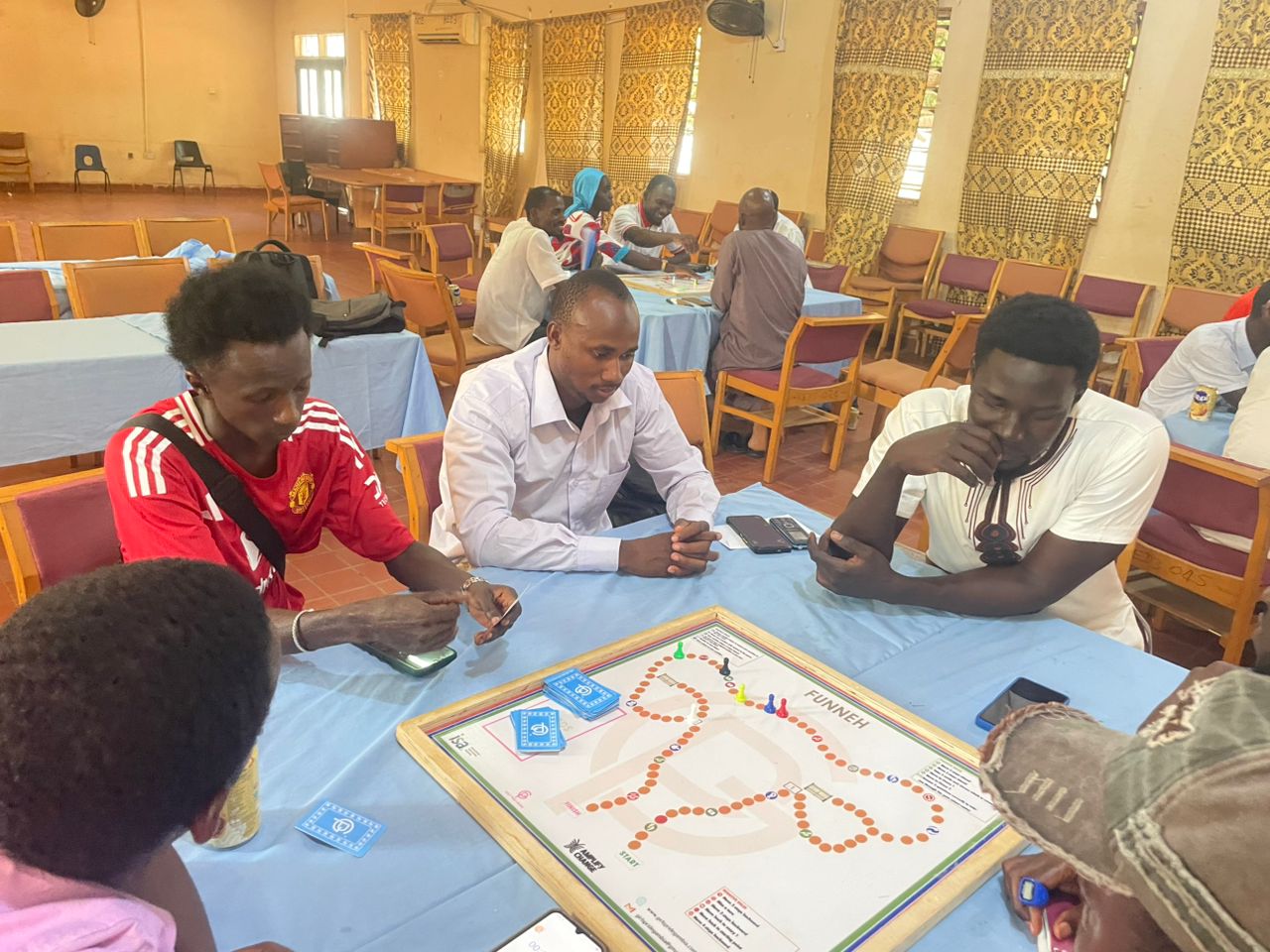45
Days
12
Hours
44
Mins
29
Secs
left to apply
When Fatoumatta Kassama speaks about menstrual health, she speaks from both experience and determination. Growing up in The Gambia, she often missed school because she couldn’t afford sanitary pads. Years later, as a nurse, she saw young girls repeating that same struggle — and she decided to act.
What began as a small community effort has grown into Girls’ Pride Group, a movement restoring dignity, opportunity, and equality for women and girls through sustainable menstrual health solutions.
Today, as a 2025 Global Fellow in Courage, Fatoumatta is scaling her impact and leading a generation of African women transforming period poverty into possibility.
Her courage lies in choosing to confront stigma with empathy and turning personal pain into collective progress.

Being part of the Global Fellows in Courage has strengthened my work by expanding my knowledge, networks, and leadership capacity. The sessions with world leaders and entrepreneurs have provided me with practical strategies and tools to apply directly in my work as a social entrepreneur. The fellowship has also given me access to a global community of changemakers who share similar challenges and visions — together, we are creating opportunities for collaboration beyond borders.
Courage, to me, means taking bold steps when others hesitate — and continuing to move forward even when the path is uncertain. It is about choosing to act against injustices despite fear, resistance, or lack of resources. I consider myself courageous because I have taken risks to end period poverty and harmful practices such as child marriage and female genital mutilation in my country. For me, courage is not the absence of fear — it is the determination to act despite it.

I am working to solve the problem of period poverty, lack of access to sexual and reproductive health services, and the continuation of harmful practices that deny girls their dignity and future. In The Gambia, thousands of girls miss school every month because they cannot afford safe and sustainable menstrual products. Without addressing this, we cannot achieve gender equality or community development.

We work with teachers, students, mothers’ clubs, community leaders, and local organizations across The Gambia — both urban and rural. Our approach is participatory: we co-design solutions with the communities, train them to produce reusable sanitary pads using locally available materials, and strengthen capacity through “Training of Trainers” programs. This ensures our impact is community-driven, inclusive, and sustainable.

To date, our work has positively impacted more than 100,000 people in The Gambia. One story that stands out is of a young schoolgirl who told us that receiving our reusable pad kit allowed her to stop missing classes. She now feels confident, participates fully, and dreams of becoming a nurse. Her story reminds me why this work matters — because every girl deserves dignity, education, and opportunity.

In the next decade, I see Girls’ Pride Group as a regional leader in sexual and reproductive health, gender equality, and climate action. We plan to build a manufacturing facility to meet the growing demand for reusable sanitary products, expand our outreach programs, and influence national and global policy so that menstrual health is recognized as a human rights and climate issue. Through education, advocacy, and partnerships, we will continue breaking barriers and building a more equitable future for girls and women.
Fatoumatta’s leadership embodies the heart of GFiC — courage that transforms stigma into opportunity. From rural towns in The Gambia to the global stage, she is proving that when we lead with empathy and conviction, we can ignite, and impact, systemic change.